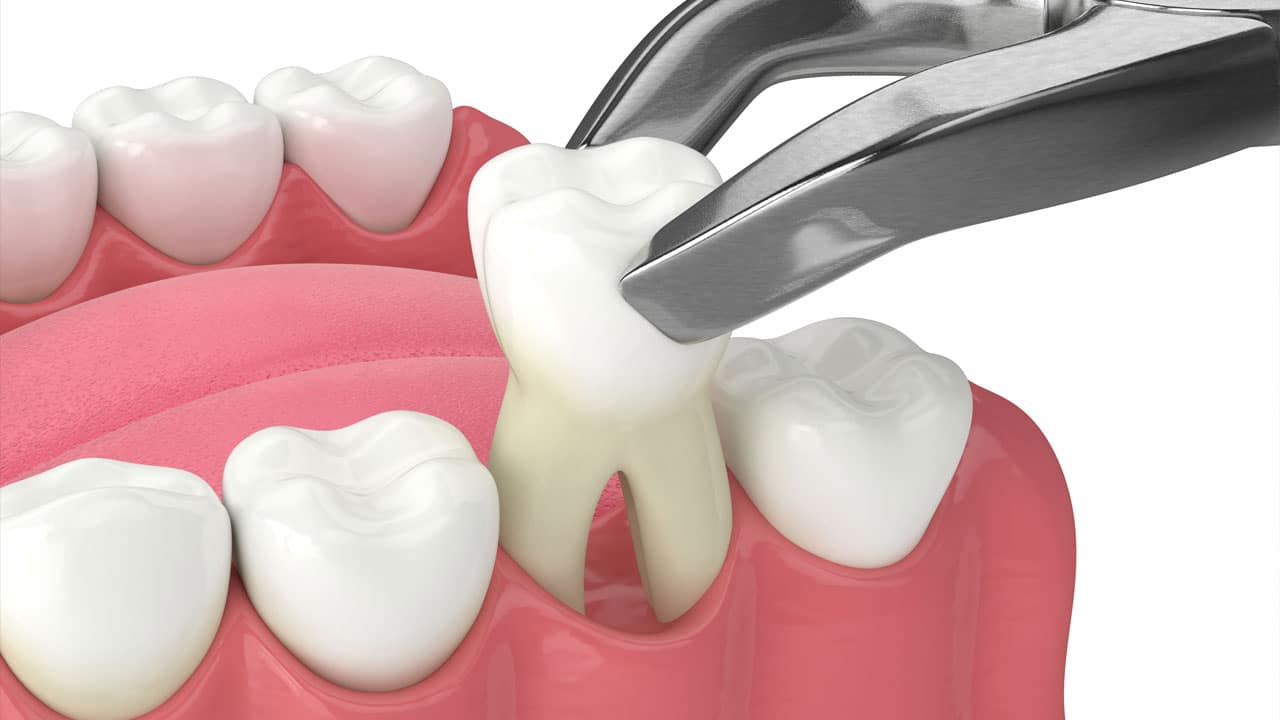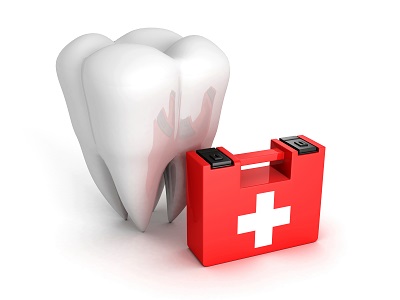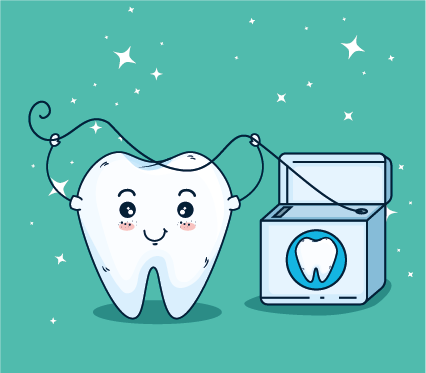Maintaining a bright, healthy smile is more than just an aesthetic pursuit; it’s an essential aspect of overall health. Developing positive dental habits can significantly impact your oral health, preventing issues like cavities, gum disease, and tooth decay. Here’s a guide to the habits that will help you maintain a radiant smile and robust dental health.
### 1. **Brushing Twice a Day**
The foundation of good oral hygiene starts with brushing your teeth twice a day—morning and night. Use fluoride toothpaste and a soft-bristled toothbrush to gently clean all surfaces of your teeth. Brushing removes food particles and plaque, a sticky film of bacteria that can lead to cavities and gum disease if not removed regularly.
**Pro Tip:** Don’t forget to brush your tongue! Bacteria can accumulate there, leading to bad breath and other oral health issues.
### 2. **Flossing Daily**
While brushing is crucial, it can’t reach the spaces between your teeth. That’s where flossing comes in. Daily flossing removes plaque and food particles from between your teeth and under the gumline, areas that a toothbrush often misses. This habit helps prevent cavities and gum disease, contributing to a healthier smile.
**Pro Tip:** If traditional flossing is difficult, consider using floss picks or a water flosser for convenience.
### 3. **Eating a Balanced Diet**
What you eat has a direct impact on your dental health. A diet rich in vitamins and minerals, especially calcium and vitamin D, supports strong teeth and gums. Avoid excessive sugar, as it feeds the bacteria that cause plaque and tooth decay. Instead, opt for foods like fruits, vegetables, lean proteins, and dairy products that promote oral health.
**Pro Tip:** Crunchy fruits and vegetables, like apples and carrots, help clean your teeth naturally by stimulating saliva production, which neutralizes acids and washes away food particles.
### 4. **Drinking Plenty of Water**
Water is your mouth’s best friend. Drinking water throughout the day helps wash away food particles and bacteria, reducing the risk of tooth decay. Fluoridated water, in particular, can help strengthen your enamel, making your teeth more resistant to cavities.
**Pro Tip:** After consuming acidic or sugary foods and drinks, rinse your mouth with water to help protect your enamel.
### 5. **Limiting Sugary and Acidic Foods**
Sugar is one of the leading causes of tooth decay. When sugar mixes with the bacteria in your mouth, it creates acid that attacks your tooth enamel. Similarly, acidic foods and drinks, like citrus fruits and soda, can erode enamel over time. Limiting your intake of these foods can significantly reduce your risk of cavities and enamel erosion.
**Pro Tip:** If you do indulge in sugary or acidic treats, try to have them during mealtime. The increased saliva production during meals helps neutralize acids.
### 6. **Regular Dental Check-ups**
Visiting your dentist regularly, typically every six months, is essential for maintaining oral health. Professional cleanings remove plaque and tartar that your daily brushing and flossing might miss. Your dentist can also identify early signs of potential problems, such as cavities or gum disease, and provide appropriate treatment before they become serious.
**Pro Tip:** Keep a consistent schedule for your dental visits. Regular check-ups are not only about cleaning but also about early detection and prevention.
### 7. **Avoiding Tobacco Products**
Tobacco use is one of the worst habits for your oral health. Smoking or using other tobacco products stains your teeth, causes bad breath, and significantly increases your risk of gum disease, tooth loss, and oral cancer. Quitting tobacco is one of the best things you can do for your smile and overall health.
**Pro Tip:** If you’re trying to quit tobacco, seek support from your dentist, who can provide resources and advice to help you kick the habit for good.
### 8. **Using Mouthwash**
Incorporating an antimicrobial mouthwash into your daily routine can help reduce plaque, prevent gingivitis, and freshen your breath. Mouthwash reaches areas that brushing and flossing might miss, providing an extra layer of protection against cavities and gum disease.
**Pro Tip:** Choose an alcohol-free mouthwash if you have sensitive gums or dry mouth, as alcohol can sometimes cause irritation.
### 9. **Chewing Sugar-Free Gum**
Chewing sugar-free gum after meals stimulates saliva production, which helps wash away food particles and neutralize acids produced by bacteria in your mouth. This habit can be especially beneficial if you’re unable to brush after eating.
**Pro Tip:** Look for gum that contains xylitol, a natural sweetener that has been shown to reduce the risk of cavities.
### 10. **Protecting Your Teeth**
If you play contact sports or grind your teeth at night, wearing a mouthguard can protect your teeth from injury and wear. Mouthguards cushion the impact, helping to prevent broken teeth and other oral injuries.
**Pro Tip:** Consult your dentist about custom-made mouthguards, which offer better fit and protection than over-the-counter options.
### Conclusion
Maintaining a bright, healthy smile requires commitment to good dental habits. By brushing and flossing daily, eating a balanced diet, staying hydrated, and visiting your dentist regularly, you can keep your teeth and gums in top condition. These simple yet effective practices not only enhance your smile but also contribute to your overall well-being. So, start incorporating these positive habits into your routine today, and enjoy the benefits of a healthier, brighter smile!








